We asked 7 phone experts: What can the iPhone do that Android CAN’T?
Apple stans, OS atheists, and even Android loyalists answer
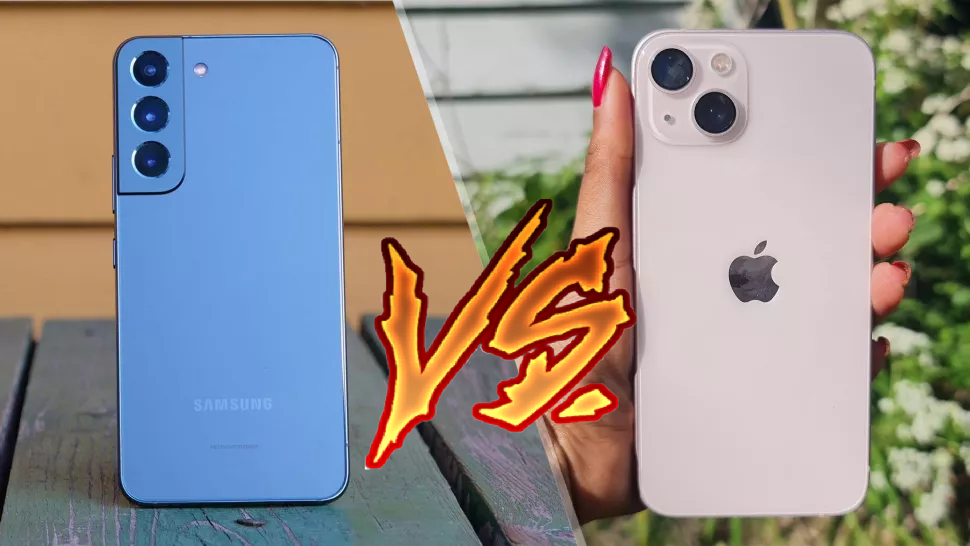
We had steam coming out of Apple stans’ ears when we recently asked five phone experts one conversation-stimulating question: What can Android do that the iPhone can’t?
Answers ranged from “Android is more fun! Just look at the flippy Samsung Galaxy Z Fold 4; iPhones can’t do that!” to “It’s more customizable! The iPhone isn’t as open to letting your personality shine through.” But now, it’s time to ask the question that will ruffle Android fans’ feathers:
What is it that iPhone CAN do that Android can’t.
Off the top of my head, one of the most obvious answers is that iOS offers top-of-the-line security. For example, the Google Play Store appears to be the Wild, Wild West compared to the Apple App Store — countless malware-infected apps seem to slip through the cracks. The Cupertino-based tech giant, on the other hand, is more austere when it comes to vetting apps for the Apple App Store. Plus, iOS gives users more control over their privacy. Upon installing an app, iPhone users have the option to opt out of data tracking and other unscrupulous invasions of privacy.
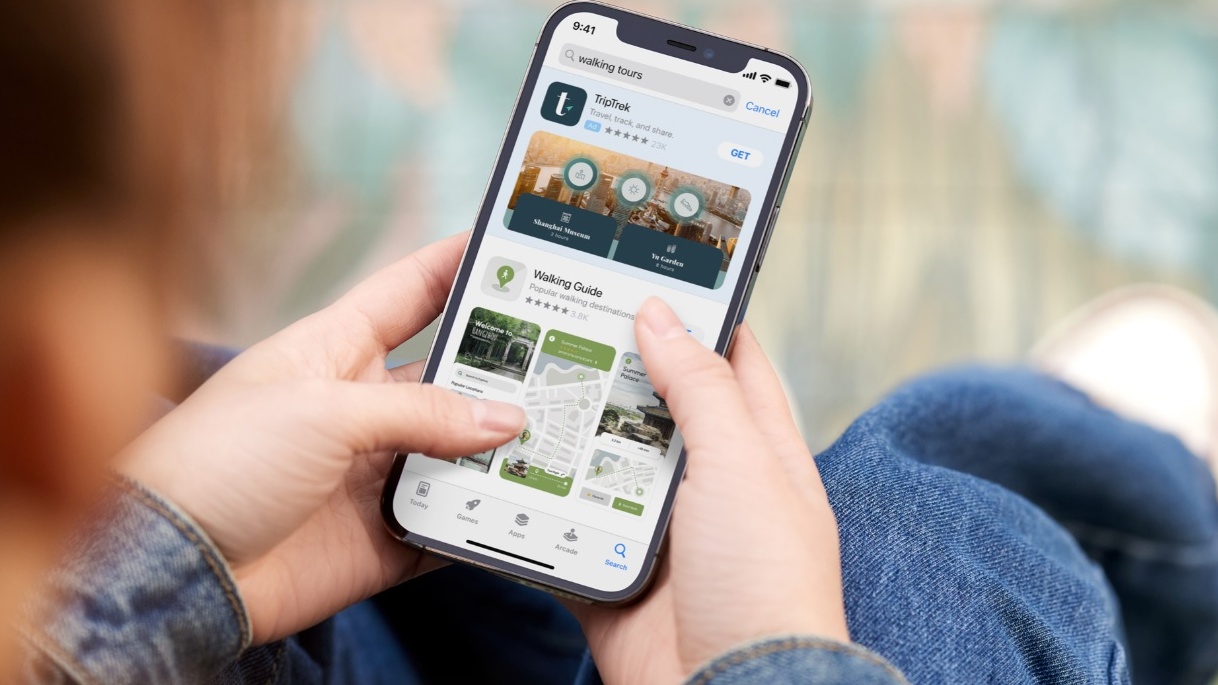
Unlike Android, iOS is not an open-source operating system. Apple has complete control over its proprietary OS: no one else has access to its cookie jar. As such, it’s much easier for the Cupertino-based tech giant to grab the reins on tightening security for users. Android, on the other hand, can be forked by a number of different OEMs, which often opens the floodgates to serious vulnerabilities.
So that’s my take on what iPhone offers that Android doesn’t, but what do other folks — the more knowledgeable crowd — have to say on this topic? We asked seven phone experts for their thoughts on the matter.
Be sure to check out our 5 phones that are a better value than the iPhone 14 list.
Sign up to receive The Snapshot, a free special dispatch from Laptop Mag, in your inbox.
What is it that the iPhone can do that Android can’t?
Now it’s time to dive right into the question of the hour! We interviewed popular tech YouTubers MrMobile and JerryRigEverything, as well as TechRadar US Editor-in-Chief Lance Ulanoff, Tom’s Guide Editor-in-Chief Mark Spoonanuer, 9to5Mac Senior Writer Zac Hall, Laptop Mag Assistant Managing Editor Sean Riley, and our very own Content Editor Jason England.
1. JerryRigEverything, YouTuber
JerryRigEverything (also known as Zack Nelson), a force to be reckoned with in the tech YouTube space with eight million subscribers, has become a beloved regular in our “We asked X phone experts” series. He’s known for breaking phones apart — like this poor iPhone 14 (RIP!) — so he’ll have no issues breaking down how iOS devices differ from Android.
“Because Apple focuses on making one phone line a year, it's really easy to make sure every version of their phone interacts seamlessly with other iPhones in its ecosystem — that’s why it’s so easy to AirDrop files from one iDevice to another,” Nelson told Laptop Mag.
“The global AirTag grid is [another feat worth mentioning]. Every active iPhone in the world can be linked together to form a 'net' that tracks AirTags. Yeah, it’s slightly scary that a single company has that ability, but at the same time, with how fractured Android phones are across all different manufacturers, those are features Android users can only dream of,” he concluded.
TLDR: Apple can easily create worldwide networks that benefit consumers (e.g., the global AirTag grid). Android’s ‘ecosystem,’ or lack thereof, is much more disjointed, making it difficult to roll out a unified service that benefits non-iOS phone owners.
2. Jason England, Laptop Mag Content Editor
Jason England, a self-proclaimed Apple stan, is our England-based Content Editor, and yes, he’s dabbled in phone reviews (e.g., the Nothing phone (1) and Google Pixel 7), but that’s not why I asked him to contribute his highly valuable thoughts to this topic. England has rolled out several spectacular video reviews for Laptop Mag’s YouTube channel — all captured using iPhone 13 Pro. (Check out his iPhone-facilitated review of the PSVR 2 headset below.)
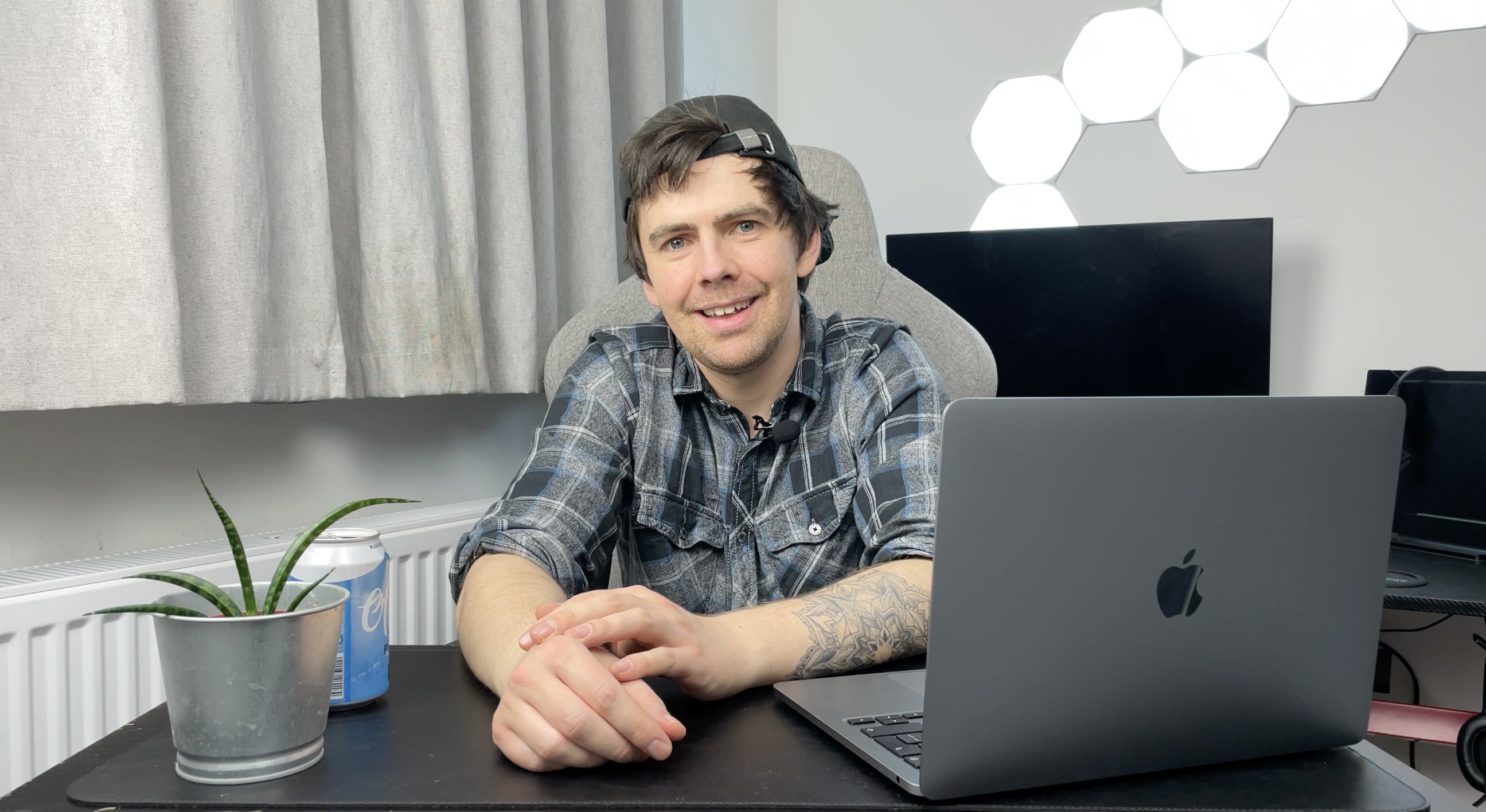
As such, I figured England would offer a refreshing voice to this topic — here’s what he had to say.
“Superior video quality and ease of editing are two things that keep me locked to Apple smartphones,” England said. “My workflow relies on Final Cut Pro for editing, and previously, I used a Fujifilm XA-7 camera for recording, but after the first couple of videos, I switched over to my iPhone 13 Pro for filming.”
So if he already had an APS-C camera for 4K recording with tasty bokeh, why did he move on to the iPhone 13 Pro? “Put simply, the video quality when compressed in a YouTube video is more than good enough from my iPhone — and a helluva lot easier to transfer and edit,” England said.
In England’s opinion, Android devices simply don’t measure up to iPhone’s video quality, and thanks to Airdrop, his workflow of transferring footage is simple. On top of that, his Final Cut Pro-equipped MacBook Pro (he uses this 13-inch M2 version) is prepped to handle the high-fidelity footage codecs the iPhone delivers.
One recommendation he does give, however, is to not rely on the default iOS camera app. “For the best results, with greater manual control over video and audio, grab the Filmic Pro legacy app. Screw that monthly subscription fee of the new version!”
TLDR: iPhone’s video capabilities are superior to anything Android devices have on the market. Not just in picture quality, but regards to ease of editing, data transferring, transcoding, and more.
3. Sean Riley, Laptop Mag Assistant Managing Editor
Assistant Managing Editor Sean Riley is Laptop Mag’s resident phone expert who is known for being thorough, addressing every nook and cranny of devices’ idiosyncrasies and quirks. (Don’t take my word for it, though; check out his in-depth reviews for the OnePlus 10 Pro, the iPhone 13 Pro, the Samsung Galaxy S23 Ultra, Asus ROG Phone 5, and more.)
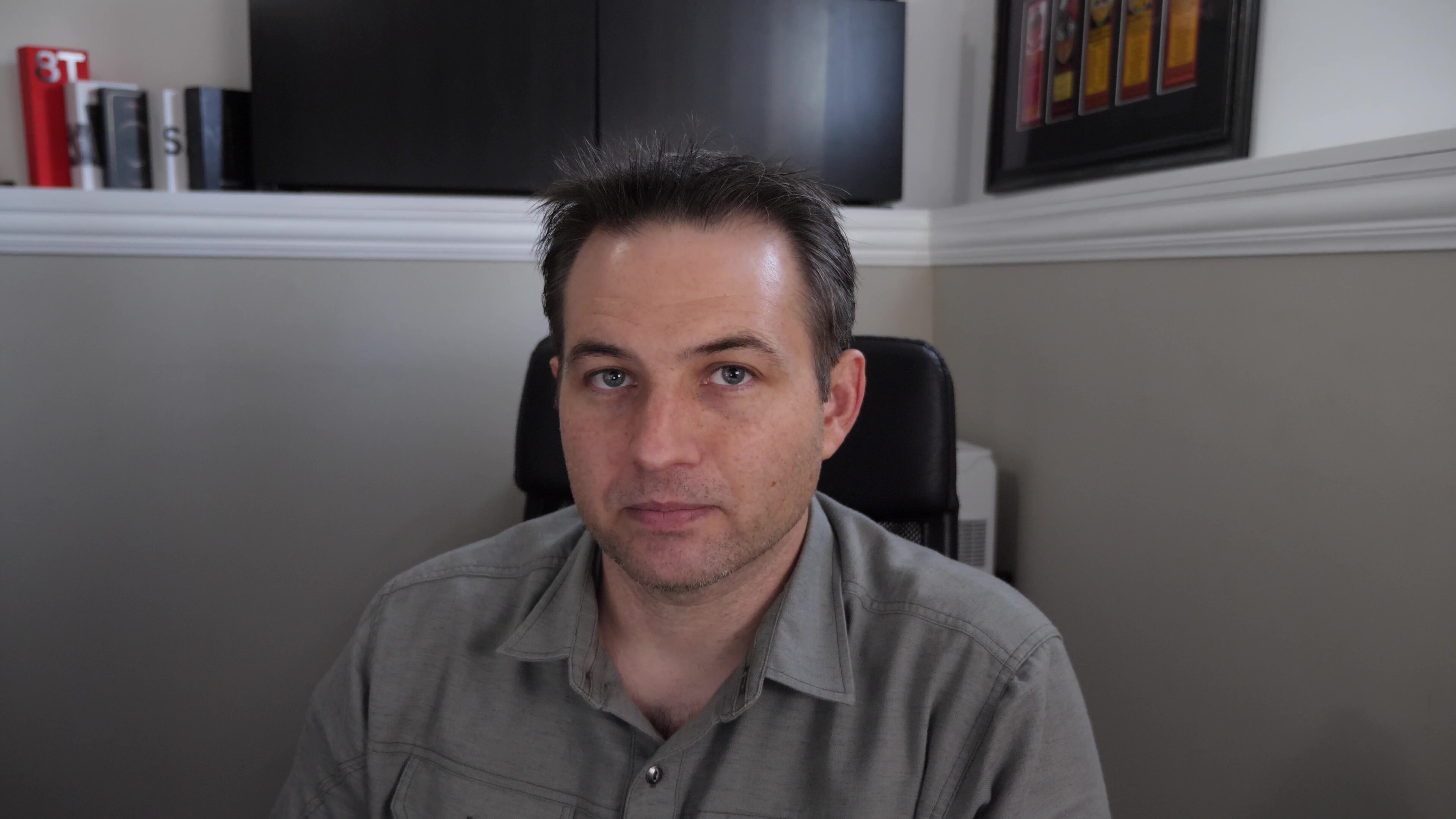
You probably expected to hear this cliched response at some point during this article, but there’s no way around it. iPhones are the envy of the industry because of — dare I say it — “the eCosySteM!”
“Android fans will derisively refer to Apple’s ‘walled garden’ approach for crushing some of the freedoms you enjoy on Android and Windows, but on the flip side, it’s quite nice inside that garden. We spoke to Google about its “Better Together” efforts at CES this year and Samsung’s primary focus with its laptops like the Galaxy Book 3 Ultra this year was how seamlessly it operates with your other Samsung devices. Everyone is coming for the king (ahem, Apple), but no one is taking that crown,” Riley said.
“In a similar vein, Apple’s control over its software updates is second-to-none. I’ve pushed back against the notion that iPhones have a significant longevity advantage on Android over the last couple of years as Google, Samsung, and OnePlus have upped their games on software support. But one clear advantage Apple retains is the lack of a gatekeeper on its updates. At times, you’ll see an Android phone that has a software update available from its manufacturer, but it won’t be available to those on a specific carrier. That’s a problem you will never have on an iPhone,” Laptop Mag’s Assistant Managing Editor concluded.
TLDR: Apple’s “walled garden” may feel like a cage to some, but it’s a gilded one. Plus, Apple has a better grip on rolling out software updates for its customers.
4. MrMobile, YouTuber
Who better to ask about iPhones and Android phones than MrMobile? Also known as Michael Fisher, this charismatic tech YouTuber with over one million subscribers has dropped countless entertaining phone reviews, including the iPhone 14 Pro, the Google Pixel 7 Pro, and the Samsung Galaxy S23 Ultra.
Fisher told Laptop Mag that iPhone often gets a bad rap for being too stolid and predictable, but that maturity comes with rock-solid features that makes iPhone better if you’re already using other iDevices.
“It’s the familiar ‘It’s the ecosystem!’ argument,” Fisher said, concurring with YouTuber peer JerryRigEverything and Riley. “If you have an iPhone, you can quickly and easily share files with other iPhones, MacBooks and iPads wirelessly with AirDrop. Likewise, two-factor authentication is simple and consistent across Apple devices. It automatically keeps you safer than SMS-based two-factor, and it's a more consistent experience than a third-party authentication app. And as someone who loses things – valuable things – far too often, AirTags are a godsend. I should really be required to use an iPhone just for those!”
Aside from seamless file transfers and better security, MrMobile also wishes that Android phones could steal Apple’s MagSafe technology.”I love being able to add power banks, wallets, stands, and other accessories to my iPhone magnetically – and then remove them just as easily. MagSafe has also taken wireless charging to the next level, making it faster and easier to charge the iPhone. Android users are scheduled to get a form of this later this year, but even then, it'll take years to build up the accessory ecosystem that Apple's MagSafe has accumulated,” Fisher said.
TLDR: In a perfect world, Android devices would adopt MagSafe technology, allowing users to attach peripherals to their phones magnetically. Plus, Apple’s two-factor authentication is superior, too.
5.Lance Ulanoff, Editor-in-Chief of TechRadar US
Lance Ulanoff is an industry veteran and award-winning journalist who has dipped his toes in many popular tech platforms, including Mashable, Lifewire, and PCMag. Now, he's at the helm of TechRadar US as the Editor-in-Chief. (Check out his in-depth reviews of the iPhone 14, the Samsung Galaxy S23 Plus, and the Oppo Find X6 Pro.)
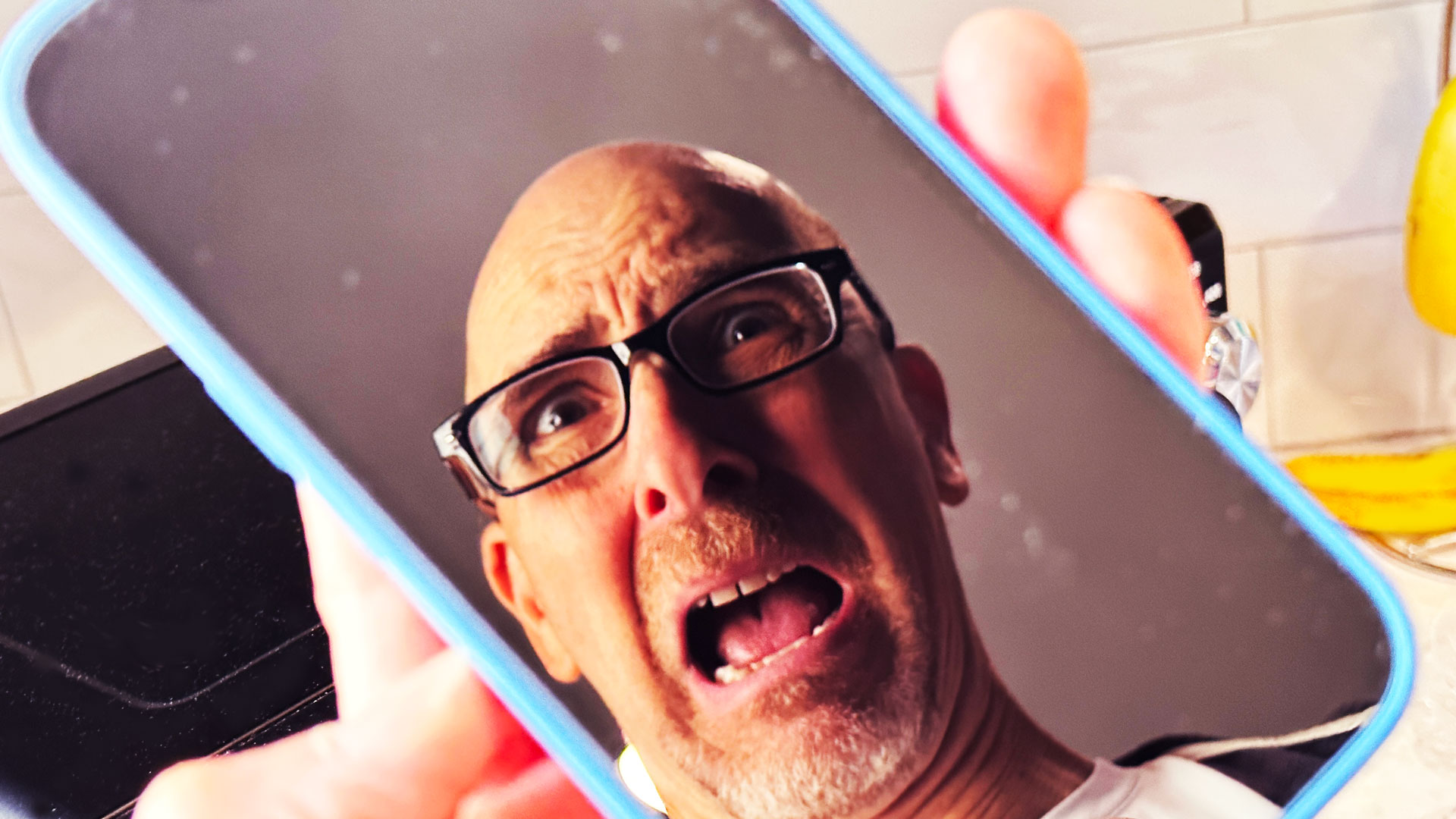
For Ulanoff, what makes the iPhone strikingly different from Android is the built-in extract-subject-from-photo feature.
“Perhaps the coolest feature that iOS 16 introduced to the iPhone that Android still can’t match is [the] ‘Lift subject from Background’ perk,” Ulanoff said. “I’d venture that many iPhone users still don’t know this exists: the ability to grab any subject, lift it out of a photo, and drop it into something like an iMessage. It’s so cool and the closest Apple has ever come to creating true magic. Maybe Android will get something similar in 14.”
TLDR: iOS’ built-in function of extracting subjects from photos — and dropping it into other apps — is pretty damn cool! Android could never.
6. Mark Spoonauer, Global Editor-in-Chief of Tom’s Guide
If I ever need some deep insight on iDevices, whether it’s a MacBook, AirPods, or iPhone, Tom’s Guide Global Editor-in-Chief Mark Spoonauer would be the first person I’d contact. After all, he’s been covering tech for 15 years — iPhones included! (Spoonauer used to write for Laptop Mag and I was tickled to see his 2013 iPhone 15s review!)
Spoonauer totally agrees with Nelson and MrMobile — AirDrop is an absolute godsend. “I’m constantly using this feature when I’m doing photo face-offs between the iPhone and Android phones,” he told Laptop Mag.”
Spoonanuer also concurred with my take on iPhone’s top-notch security. “Sure, there's been scams in the app stories and zero-day flaws, but they're usually patched immediately by Apple. It seems like every other day there's a major security threat in the Play Store or on Android, including malware and bank trojans,” he said.
Finally, Tom’s Guide’s Global Editor-in-Chief praised Apple for creating a system in which users can switch from the iPhone to another iDevice, and vice versa, and seamlessly pick up where they left off. “For example, you can use Continuity Camera to use your iPhone as a webcam for your PC. Or you can use Handoff to start a document or email or message on your iPhone and continue the task on your iPad or Mac.”
TLDR: Useful features like Continuity Camera and Handoff allow iPhone users to seamlessly continue tasks they abandoned from another iDevice. And no, iOS isn’t completely immune to security vulnerabilities, but Apple is quick to patch them. Compared to Android, iOS security threats are few and far between.
7. Zac Hall, Senior Editor of 9to5Mac
9to5Mac Senior Editor Zac Hall has more than a decade of experience on his belt as a tech journalist. Plus, Hall co-hosts 9to5Mac’s podcast. After firing up the Apple Podcasts app, you can hear his expertise oozing into your ears as he passionately dives into everything Apple-related.

To Hall, it’s the seamless pairing of Apple-created peripherals with iOS that makes the iPhone experience unrivalled. “Apple's AirPods Pro and AirPods Max headphones are something special. While you can pair AirPods with Android over Bluetooth, instant setup and fast-switching between the iPhone, iPad, and Mac is so convenient. Pixel Buds are doing this for Android, but AirPods are AirPods,” Hall said.
Like many other experts on this list, Hall is a big proponent of AirDrop.”Does DroidDrop exist? Probably in Star Wars,” he joked. “Either way, AirDrop is widely used between iPhone users, and being able to send anything from links to large video files between my iPhone and Mac is awesome. Lastly, iPhone is the only smartphone with Siri. Wait — sorry! Was this supposed to be about positive things?”
TLDR: The iPhone works like a well-oiled machine with your favorite everyday gadgets, whether it’s a smartwatch or a pair of earbuds. Oh, and let’s not forget Siri — haha, just kidding.
Kimberly Gedeon, holding a Master's degree in International Journalism, launched her career as a journalist for MadameNoire's business beat in 2013. She loved translating stuffy stories about the economy, personal finance and investing into digestible, easy-to-understand, entertaining stories for young women of color. During her time on the business beat, she discovered her passion for tech as she dove into articles about tech entrepreneurship, the Consumer Electronics Show (CES) and the latest tablets. After eight years of freelancing, dabbling in a myriad of beats, she's finally found a home at Laptop Mag that accepts her as the crypto-addicted, virtual reality-loving, investing-focused, tech-fascinated nerd she is. Woot!

